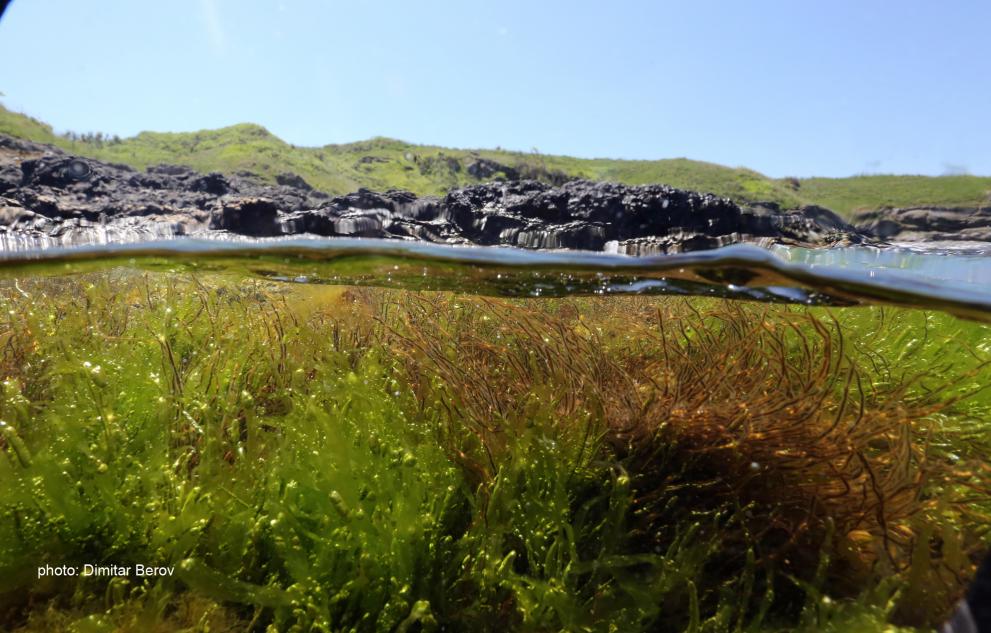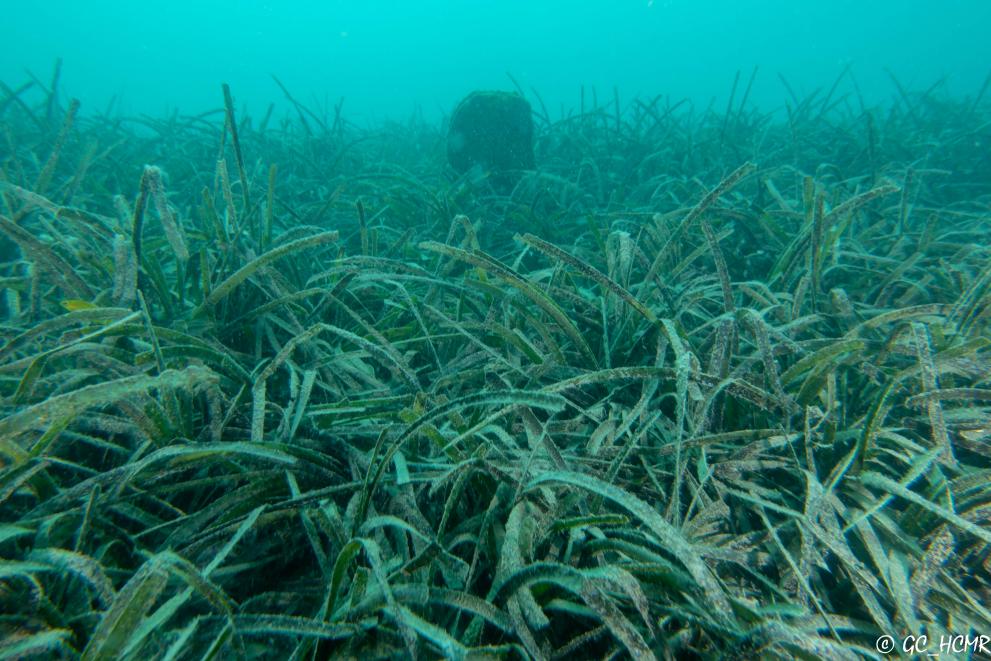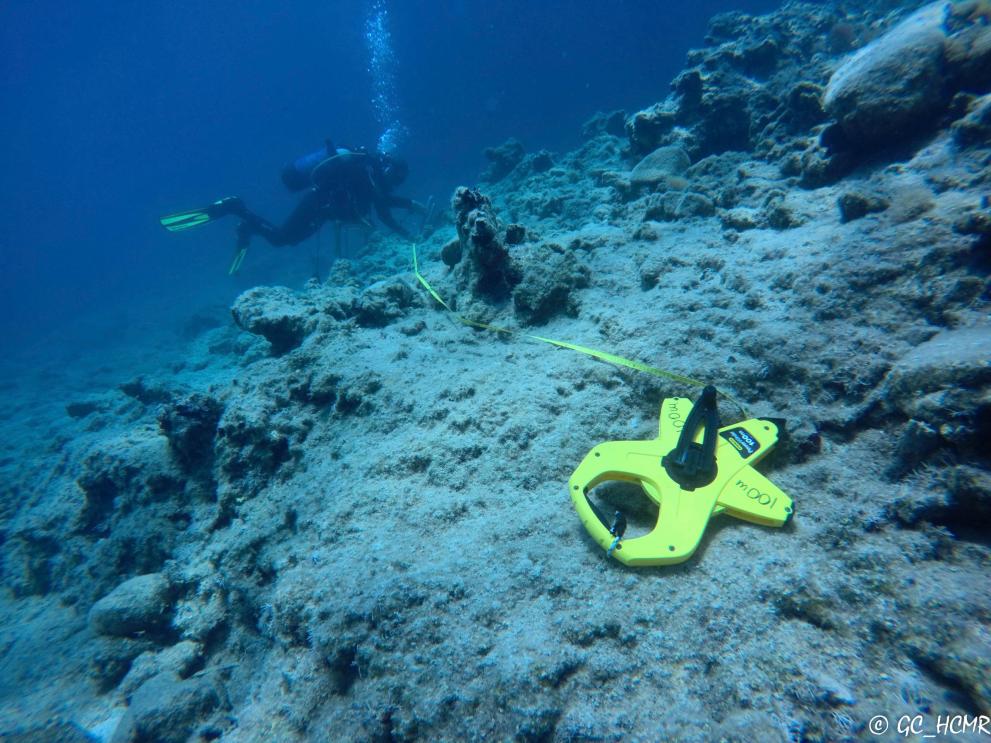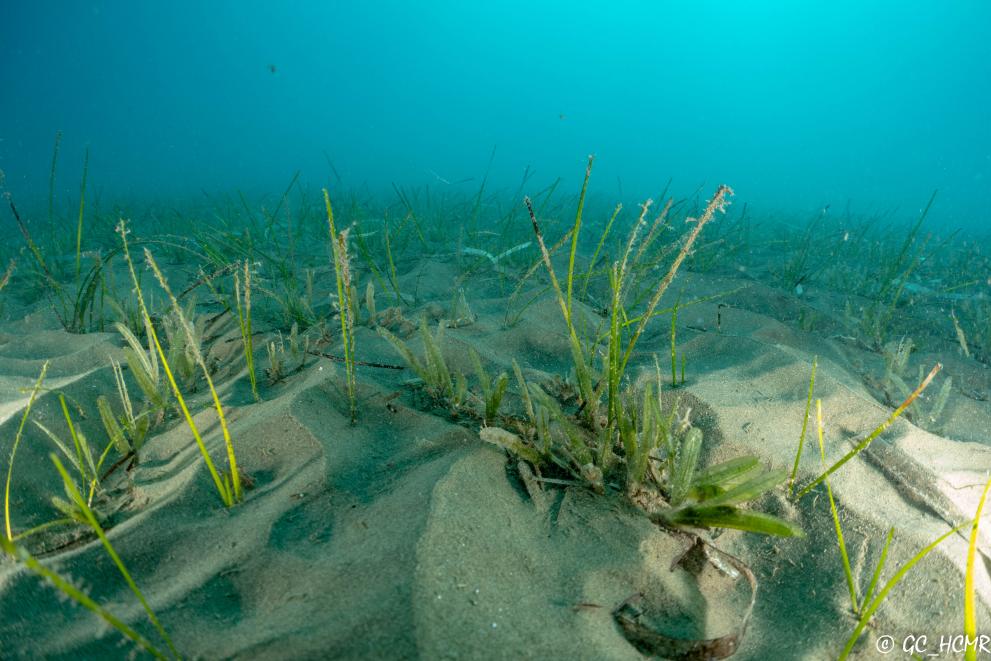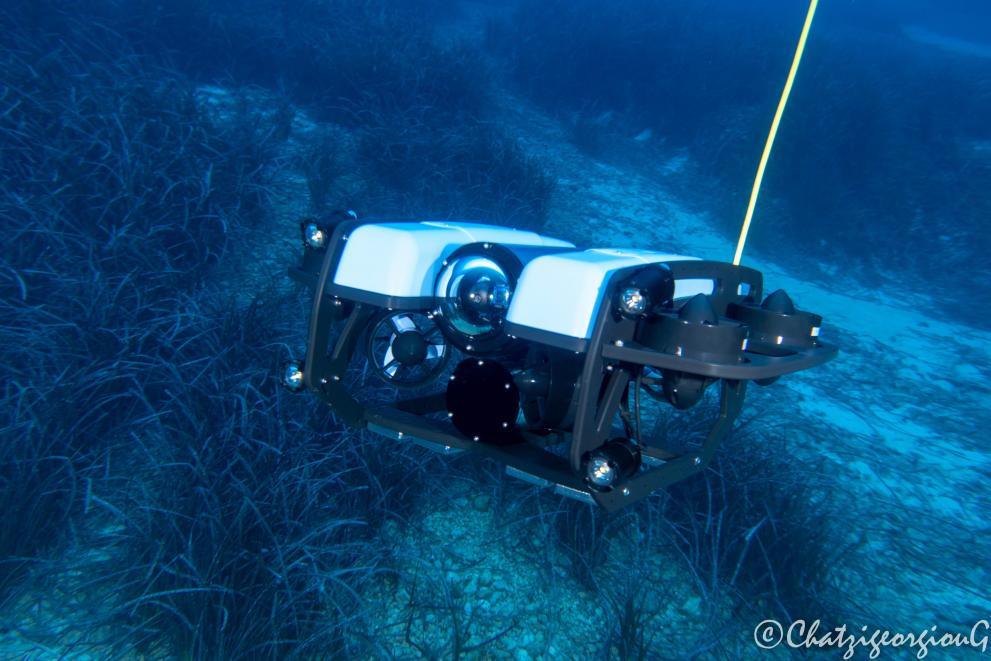Marine protected areas preserve biodiversity and ecosystems, conserve culturally important areas and support the sustainable production of marine resources. However, managing marine areas is challenging.
RECONNECT, a Balkan-Mediterranean Interreg-funded project, rose to the challenge by creating a transnational network of governmental and non-governmental organisations involved in the management of marine protected areas to address the environmental threats to marine ecosystems with high natural and cultural interest.
RECONNECT developed cross-border strategies and decision-making tools to support the sustainable management of three marine Natura 2000 sites threatened by negative impacts from, inter alia, tourism and fisheries: Northern Karpathos and Saria (Greece), Kavo Gkreko (Cyprus) and Gradina-Zlatna ribka (Bulgaria). The project targeted four marine habitat types (Posidonia beds, sandbanks, reefs and mudflats) and a keystone marine species, the Mediterranean monk seal (Monachus monachus).
The establishment of common management practices and a joint regional strategy were the main challenges. However, RECONNECT’s transnational, holistic approach promoted more efficient and accurate management practices for marine protected areas, using ecological and genetic methodologies for biodiversity identification and conservation status assessment, as well as socio-economic information. A citizen-science initiative also involved citizens in the removal of invasive alien fish species and in the monitoring of marine habitats by scuba divers trained under the project.
Thanks to this project, information concerning marine habitats and species, as well as relevant socio-economic and cultural information, is now available for free through a web-based platform. With the help of scientists and the active participation of citizens, management agencies and stakeholders now have an upgraded management toolbox to support the conservation of marine areas in the Balkan-Mediterranean area.
